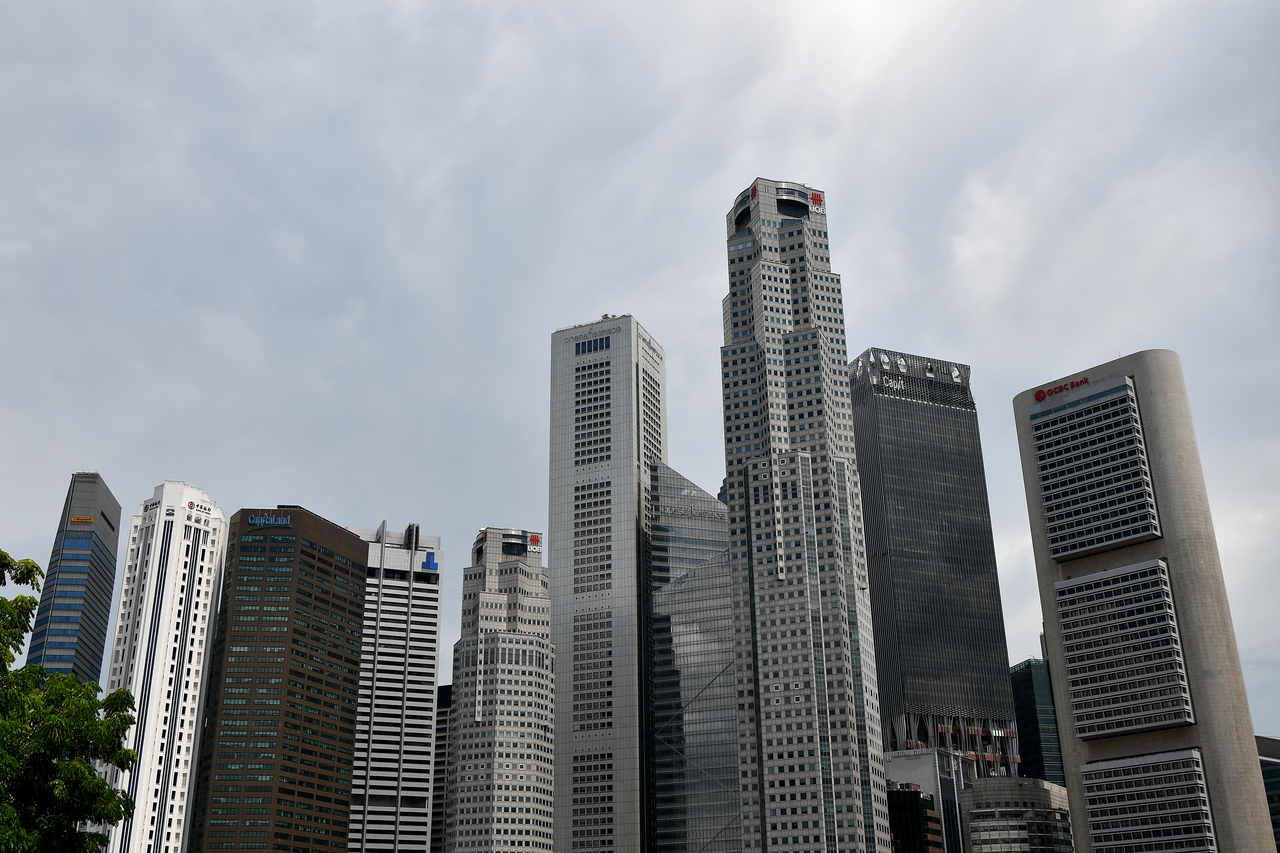S'poreans who join foreign political parties must declare under proposed law on foreign interference
Sign up now: Get ST's newsletters delivered to your inbox

Overseas Singaporeans who join foreign political parties should disclose their involvement in such bodies for transparency purposes, said Minister of State Desmond Tan.
ST PHOTO: LIM YAOHUI
Follow topic:
SINGAPORE - A proposed law to tackle foreign interference in domestic politics would allow the Government to investigate the origins of certain social media accounts even before hostile information campaigns (HICs) are afoot.
Singaporeans who join political parties in other countries will also be required to declare their involvement in such organisations, under the Foreign Interference (Countermeasures) Act (Fica), which was debated in Parliament on Monday (Oct 4).
The Ministry of Home Affairs' (MHA) Ministers of State Muhammad Faishal Ibrahim and Desmond Tan gave these examples as they took MPs through the various provisions of the Bill in their speeches.
They also gave reassurances that Singaporeans expressing their own views will not be covered by Fica if they are not working with foreigners to affect public interest.
To tackle social media accounts that cultivate followings before switching the content they post during politically sensitive periods, the Bill provides for two specific directions - Technical Assistance Directions and Account Restriction Directions, said Dr Faishal.
Giving a scenario where these directions could apply, he described a set of accounts that amasses followers by first posting popular content on lifestyle matters, such as cute animal videos or funny memes.
Multiple accounts might act in coordination, he said. For instance, Account A actively tries to increase Account B's visibility by sharing its content.
These accounts then pivot to social and political commentaries, hoping to sway how Singaporeans vote or react to a foreign policy issue, he said, such as during election season or during a period of tension with another country.
If such activity is detected, a Technical Assistance Direction can be issued to investigate the origin of such accounts, said Dr Faishal.
If there is sufficient reason to believe that these are foreign accounts planning to undertake a HIC against Singapore, Account Restriction Directions can be issued to prevent them from reaching end users in Singapore, he said.
Threat actors who coordinate hostile information campaigns are improving their tactics all the time, therefore, the authorities cannot wait for harms to occur before taking action as severe damage could already have been done, he said.
Dr Faishal added that MHA will use these powers judiciously and will calibrate its actions based on the specifics of each case.
"In assessing whether an HIC is afoot, the primary determinant is the behaviour of the actor involved, and the entities behind the content.
"It is clear, therefore, that Singaporeans who are simply expressing their own views or engaging in the political process on their own accord are not covered."
Neither will the vast majority of communications involving foreigners, be it journalism, academia or online advocacy, be covered, he added.
Mr Tan said there might be instances where the Government will need to act even before an individual or organisation is designated a "politically significant person".
One of the countermeasures to do so is to require Singapore citizens to declare their involvement in foreign political or legislative bodies.
MHA recognises there may be innocuous instances where Singaporeans living abroad join foreign political bodies, such as political parties, out of their own personal interests, he said.
"However, this can nonetheless still pose a threat as such Singaporeans may be cultivated, approached or influenced, even unknowingly, and subsequently made use of to affect our local politics."
It is thus necessary to require them to disclose their involvement in such bodies, for transparency purposes, said Mr Tan.
He said that interactions such as academic research, business partnerships, creative collaborations, cultural exchanges will not be covered.
These types of activities and dealings will not be constrained in any way by the Bill, he said. "It will be business as usual as we know it for the vast majority of Singaporeans and residents in Singapore."

